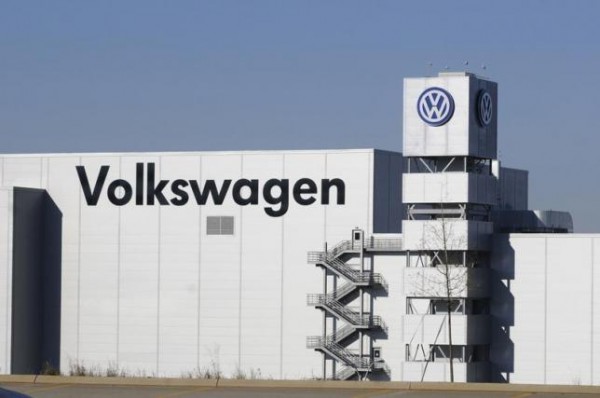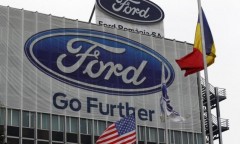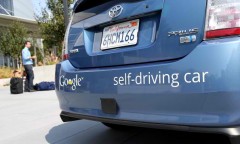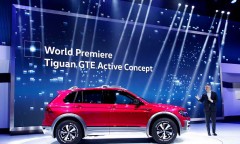By Lynn Palec, | January 14, 2016

The Volkswagen plant in Chattanooga ,Tennessee.
Problems keep on piling up for automaker Volkswagen as United States regulator rejected the company's plan for recalling around 500,000 diesel-powered cars connected to the emission test scandal.
In a statement acquired by the Wall Street Journal, California Air Resources Board head of state environmental regulator Mary Nichols said, "Volkswagen made a decision to cheat on emissions tests and then tried to cover it up. They need to make it right. Today's decision is a step in the direction of assuring that will happen."
Like Us on Facebook
The rejection of the recall plans laid by Volkswagen is a major setback not only to the company and all the affected consumers, but also to the campaign for a cleaner environment. Despite the rejection, discussions between U.S. regulators and Volkswagen will continue until a favorable recall plan is agreed.
The rejection came just one day after Volkswagen's chief executive said in an interview that the company did not lie to regulators regarding the emission test scandal. Following the rejection of the plans, analysts believe that Volkswagen is just playing down its transgressions.
On Jan. 12, the California Air Resources Board slammed Volkswagen's proposal citing that it has failed to lay down how the company's plans to fix the issue will affect engine performance, car safety and emission results. Some motoring experts believe that the fix intended to regulate a vehicle's emission control may have negative repercussion, especially in fuel economy and car performance.
Volkswagen has been struggling to avoid legal actions, consumer outrage and regulatory blowbacks since the Environmental Protection Agency issued a notice of violation against the company in September 2015. The EPA accuses Volkswagen of installing defeat devices that has the capability to cheat emission test protocols to diesel vehicles manufactured after 2009.
The German automaker eventually admits its wrongdoings claiming that around 11 million vehicles released to various international markets could have the defeat device installed on them.
According to Ars Technica, Volkswagen's defeat devices increase harmful gas emission by as much as 40 times the allowed limit by US regulators. These defeat devices are also designed to cheat emission test protocols which made it hard for regulators to detect the problem initially.
-
Use of Coronavirus Pandemic Drones Raises Privacy Concerns: Drones Spread Fear, Local Officials Say

-
Coronavirus Hampers The Delivery Of Lockheed Martin F-35 Stealth Fighters For 2020

-
Instagram Speeds Up Plans to Add Account Memorialization Feature Due to COVID-19 Deaths

-
NASA: Perseverance Plans to Bring 'Mars Rock' to Earth in 2031

-
600 Dead And 3,000 In The Hospital as Iranians Believed Drinking High-Concentrations of Alcohol Can Cure The Coronavirus

-
600 Dead And 3,000 In The Hospital as Iranians Believed Drinking High-Concentrations of Alcohol Can Cure The Coronavirus

-
COVID-19: Doctors, Nurses Use Virtual Reality to Learn New Skills in Treating Coronavirus Patients











